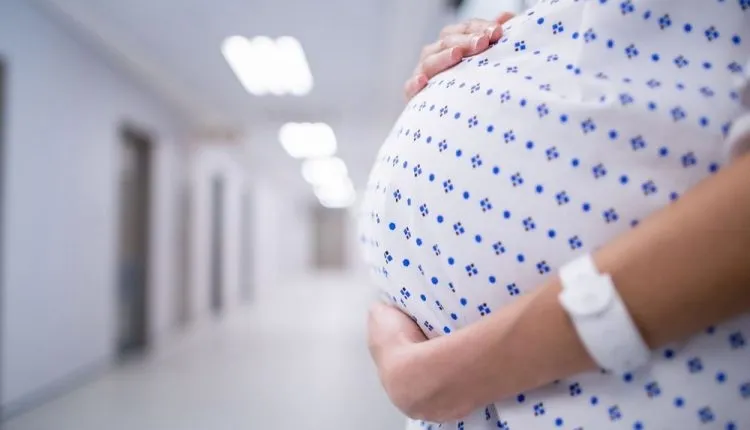A new computer algorithm developed by scientists from the Weizmann Institute of Recoovot can foresee which women are at high risk of gestation diabetes in the early stages of pregnancy or even before it occurs, the institute said in a press release theMonday afternoon.
The study analyzed the data on almost 600,000 available pregnancies of the largest health insurance supplier in Israel, CLALIT Health Services, the Weizmann Institute of Sciences said.According to the institute, the algorithm could help prevent gestation diabetes through nutritional and lifestyle.
Gestational diabetes occurs in three to nine percent of all pregnancies and is characterized by a high level of blood sugar that develops during pregnancy in non -diabetic women.Although it often disappears after pregnancy, it can be dangerous for both the mother and the baby.Typically, gestational diabetes is diagnosed between weeks 24 and 28 of pregnancy.
"Our ultimate goal has been to help the health system to take measures to prevent diabetes during pregnancy," said Prof. were segal of computer science departments, applied mathematics and molecular cell biology.
Segal and his colleagues applied a machine learning method to Clalit's records about 450,000 pregnancies in women who gave birth in 2010 to 2017. Gestational diabetes had been diagnosed by the glucose tolerance test in aroundfour percent of them.
After analyzing a 2,000 parameter data set, the algorithm managed to identify nine parameters, including age, BMI, family history and the results of the glucose tolerance tests of previous pregnancies, which were enough to identifythose who are at risk of developing gestational diabetes.
The scientists assured the efficiency of the forecasts of the algorithm that were based on these parameters by applying them to the records of around 140,000 additional pregnancies that were not included in the initial analysis, thus validating the findings of the study.
The investigation was directed by the postgraduate students Nitzan Shalom Artzi, Dr. Smadar Shilo and I did Rossman of the Laboratory of Son Segal at the Weizmann Institute, who collaborated with Prof. were Hadar, Dr. Shiri Barbe-Hanz, Prof.Avi Ben-Haoush and Prof. Arnon Wiznitzer of the Rabin Medical Center in Petah Tikva;and Prof. Ran D. Balicer and Dr. Becca Feldman de CLALIT.


